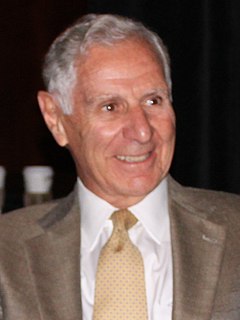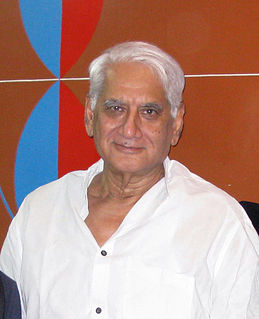Top 1200 Market Forces Quotes & Sayings
Explore popular Market Forces quotes.
Last updated on November 6, 2024.
An old market had stood there until I'd been about six years old, when the authorities had renamed it the Olde Market, destroyed it, and built a new market devoted to selling T-shirts and other objects with pictures of the old market. Meanwhile, the people who had operated the little stalls in the old market had gone elsewhere and set up a thing on the edge of town that was now called the New Market even though it was actually the old market.
The Middle East would always be an important trading partner in just a market sense, like America is a big market for us, Asia is a big market, Europe is a big market. You are going to have hundreds of millions of consumers there, from just a standard market point of view, from a very narrow American point of view.
As a bull market turns into a bear market, the new pros turn into optimists, hoping and praying the bear market will become a bull and save them. But as the market remains bearish, the optimists become pessimists, quit the profession, and return to their day jobs. This is when the real professional investors re-enter the market.
Successful investors tend to be unemotional, allowing the greed and fear of others to play into their hands. By having confidence in their own analysis and judgement, they respond to market forces not with blind emotion but with calculated reason. Successful investors, for example, demonstrate caution in frothy markets and steadfast conviction in panicky ones. Indeed, the very way an investor views the market and it’s price fluctuations is a key factor in his or her ultimate investment success or failure.
One day, when the world market is more or less fully developed and can no longer be suddenly enlarged, and if labour productivity continues to advance, then sooner or later the periodic clashes between productive forces and market barriers will begin, and because of their recurrence, these will naturally become increasingly rough and stormy.
The challenge here is to design a system where market incentives, including profits and recognition, drive those principles to do more for the poor. I like to call this idea creative capitalism, an approach where governments, businesses, and nonprofits work together to stretch the reach of market forces so that more people can make a profit, or gain recognition, doing work that eases the world's inequities.
We can make market forces work better for the poor if we can develop a more creative capitalism-if we can stretch the reach of market forces so that more people can make a profit, or at least make a living, serving people who are suffering from the worst inequities. ... You have more than we had; you must start sooner, and carry on longer.
I think the Bhagavad Gita is about both the forces of light and the forces of darkness that exist within our own self, within our own soul; that our deepest nature is one of ambiguity. We have evolutionary forces there - forces of creativity, and love, and compassion, and understanding. But we also have darkness inside us - the diabolical forces of separation, fear and delusion. And in most of our lives, there is a battle going on within ourselves.
The anti-imperialist, forces in the country [Zimbabwe] here, I think are not that strong. The capitalist forces, the reactionary forces are far more formidable, far better organised. But we would have wanted to hear the voice of the anti-imperialist forces, those who espouse the cause of freedom, the cause of independence, everywhere.
Young people increasingly have become subject to an oppressive disciplinary machine that teaches them to define citizenship through the exchange practices of the market and to follow orders and toe the line in the face of oppressive forms of authority. They are caught in a society in which almost every aspect of their lives is shaped by the dual forces of the market and a growing police state.
The New Finance focused on the market's major systematic mistake. In failing to appreciate the strength of competitive forces in a market economy, it over estimates the length of the short run. In doing so, it overreacts to records of success and failure for individual companies, driving the prices of successful firms too high and their unsuccessful counterparts too low.
If you go back to Adam Smith, you find the idea that markets and market forces operate as an invisible hand. This is the traditional laissez-faire market idea. But today, when economics is increasingly defined as the science of incentive, it becomes clear that the use of incentives involves quite active intervention, either by an economist or a policy maker, in using financial inducements to motivate behavior. In fact, so much though that we now almost take for granted that incentives are central to the subject of economics.
The great virtue of free enterprise is that it forces existing businesses to meet the test of the market continuously, to produce products that meet consumer demands at lowest cost, or else be driven from the market. It is a profit-and-loss system. Naturally, existing businesses generally prefer to keep out competitors in other ways. That is why the business community, despite its rhetoric, has so often been a major enemy of truly free enterprise.

















































